With wildfires raging along the West Coast and a record number of hurricanes ravaging the Southeast, it couldn’t be more clear that we are in the midst of an environmental crisis. That’s why this week is so important. From September 21-27, we are observing Climate Week NYC, the largest climate summit of the year. And as white folks fighting for racial justice, it’s crucial that we center BIPOC communities when discussing the effects of climate change.
BIPOC communities are among those most deeply affected by climate change, and a recent study found that they are also shown to care the most about this urgent issue. The COVID-19 pandemic has highlighted the lack of preparedness for public emergencies, especially for our most vulnerable and at-risk communities, and the ongoing climate crisis will only exacerbate the situation in months and years to come.
In 2019, Trump acted on his promise to pull the United States out of the Paris Agreement, and he continues to deny climate change despite the evidence to the contrary. Polls show that although Democrats are now more likely to believe that human activity is causing climate change, Republicans are no more likely to believe this than they were in 2008. They also expressed less concern about its impact now than in 2008.
While New York City’s government is committed to reducing greenhouse gas emissions by 80% by 2050, there is still a lot of work to be done to protect the most vulnerable amongst us. With the shameful history of redlining in the city, a majority of BIPOC have been segregated and forced into neighborhoods that “often experience higher temperatures and greater exposure to deadly heat waves than their non-redlined neighbors due to negligent urban planning and decades of disinvestment in the housing stock. These areas are concentrated with high-density buildings and heat-absorbing impervious surfaces, while lacking tree cover and vegetation that might mitigate heat.”
Environmental inequality leads to a wide range of issues, including a higher rate of pre-existing conditions. The fact that large corporations and the government have long exploited and neglected BIPOC folks has put these communities at an increased risk for pollution and other climate impacts, making them more vulnerable to other environment-adjacent crises, such as COVID-19.
Environmental justice is racial justice, so addressing climate change must involve dismantling white supremacy and centering BIPOC communities. This is an uphill battle, but it’s a battle we must fight. To do so, we need:
Better city preparedness plans that account for both extreme weather and infectious disease events.
Affordable and green housing and infrastructure built into COVID recovery efforts - like those proposed by #BoldNextStepsNYC.
Investments in clean public transportation, energy, and more.
The support of policies like the Green New Deal that address environmental, racial, and economic inequity.
Want to get involved? Here are some way to take action this week:
Plant trees to help remove pollution, store and absorb carbon emissions, increase canopy coverage, and provide cooling to communities. If you’re a property owner, you can request a Street Tree from the city.
Support local food, energy, and housing co-ops in your neighborhood.
Contact your representatives to tell them to support the Green New Deal and climate action and vote for candidates who support it.
In solidarity,
SURJ NYC
